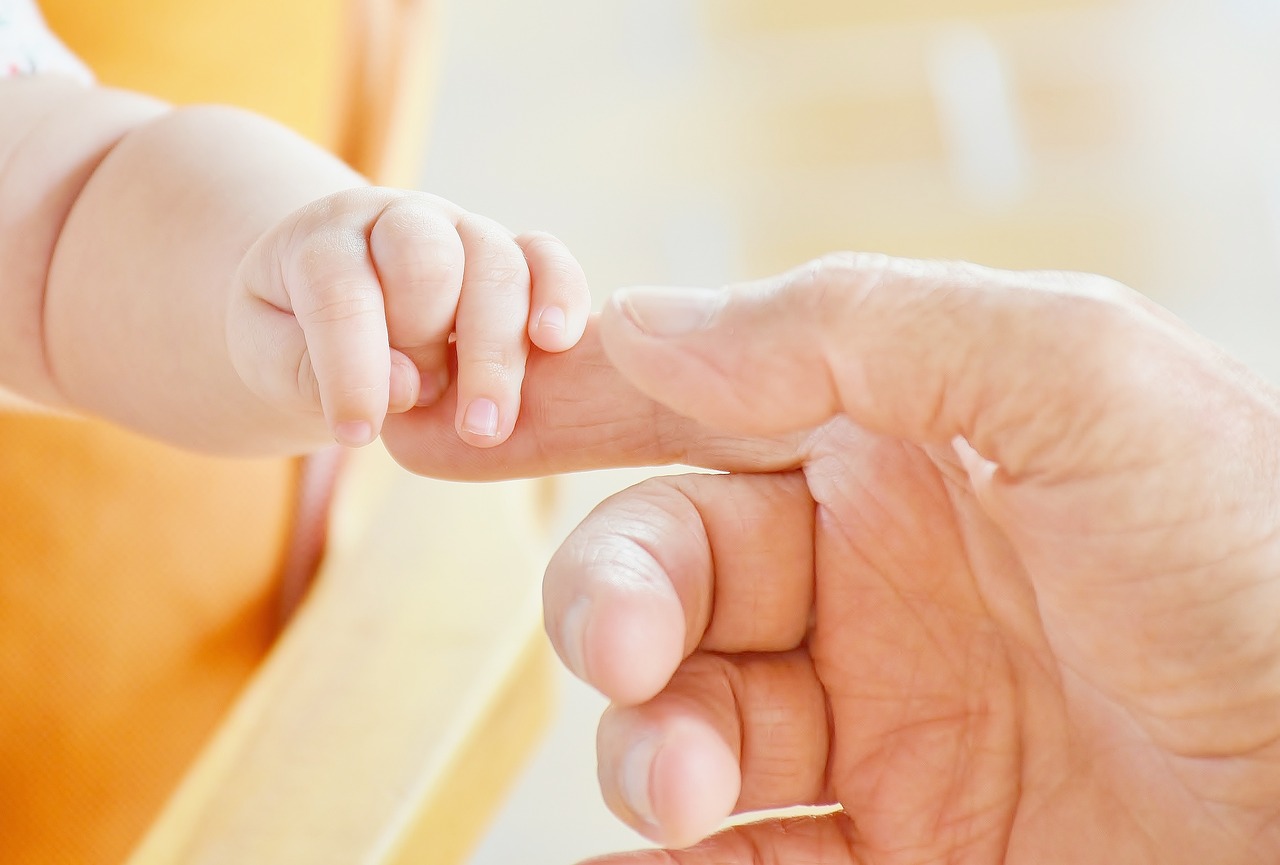
By Debbie Bunch
April 15, 2024
Most of the preparation RTs receive in school is centered around adult care, and most therapists end up working with adult patients right out of college. But for some, the lure of working with children is strong even before graduation, and they start planning a move to neonatal-pediatrics as soon as they can.
Charlotte Reikofski, MSPH, MPA, RRT, spent many years working in neo-peds before taking on her current position as health system director, respiratory care services, for the Duke University Health System in Raleigh-Durham, NC. But she can trace her roots in the area back even farther — to her own days as a premature infant in the NICU.
In the following interview, this former preemie and long-time provider of respiratory neo-peds care offers some great information for any therapist dreaming about a role in this specialty area of the profession.
First tell us a little about the neonatal-pediatric specialty, how it differs from working with adults, and why RTs are essential to the area.
Some are under the impression neo-peds patients are just smaller adults. This couldn’t be farther from the truth! Considerations for lung development stage, surfactant deficiency, brain development, metabolic differences, congenital anomalies, and so on require specialized knowledge to appropriately care for the neo-peds population.
Neo-peds practices also tend to work with pressure ventilation, at high rates, which requires attention to ventilator-patient synchrony techniques. Additionally, the use of high frequency ventilation modalities requires an understanding of more complex fluid/gas dynamics concepts above the bulk convection concepts traditionally utilized in adult care.
What educational and/or credentialing requirements do people need to meet in order to be considered for a job in a children’s hospital? How important is it to earn the RRT-NPS from the NBRC?
Specific education or credentialing is not required, however, it can create an elevated resume to give RTs a better chance at landing their most desired role. New graduates may not have the experience as yet to seek the RRT-NPS, however, the completion of neo-peds specific AARC courses or the RRT-NPS preparatory course can be listed on a resume to highlight the investment in learning necessary skills to be successful in the neo-peds specialty. A neo-peds experienced therapist should seriously consider seeking RRT-NPS credentialing as an indication of knowledge and skill acquisition.
What experience requirements are usually required for people seeking their first position in a children’s hospital?
Many children’s hospitals have traditionally required experience, however, this seems to be changing as recruiting and hiring neo-peds RTs becomes more difficult in RT shortages nationwide. It’s helpful to have graduated from a program that has increased neo-peds content but newer RTs desiring a transition into neo-peds can augment their knowledge through AARC courses, online education, and shadowing neo-peds partners if they are in an affiliated setting.
Working with children and their families offers a different set of challenges from working with adults. What personality characteristics does someone need to have to be successful in this specialty?
I believe the personality characteristics required for success in neo-peds are the same as for adult care. All patients end up seeking our care on their most challenging days. Being able to actively listen to patients and their loved ones, truly striving to understand their situation and needs, working to overcome obstacles, and remaining dedicated to providing the highest level of care is at the very heart of what it means to be a respiratory therapist.
To truly serve our patients, their loved ones, and the community in our roles as RTs, one must put aside ego/self and remain focused on doing what is right for the patient even when it is difficult, complex, and time and energy-consuming — there is no greater calling than to ease the struggle of our fellow beings.
What are the biggest challenges and biggest rewards of working in neonatal-pediatrics and why?
Often the biggest challenge is the emotional toll this type of work can bring. Like all of the work we perform, we often have to “dig deep” to overcome or recover from the stressors we encounter through our work. Having worked both neo-peds and adult tertiary/quaternary academic care, I can say neo-peds brings a special joy through the incredible resiliency neo-peds patients exhibit.
I’ve always said respiratory care has given me more than I will give it — being a respiratory therapist has taught me how to live. Neo-peds care exemplifies that sentiment in how the patients rise to the challenge and triumph with strength, grace, and smiles/laughter.
What are your top three tips for anyone who is considering switching from adult respiratory care to neonatal-pediatric respiratory care and why do you think each one is important?
Commit to your development
You will always be as successful as the ownership, effort, and engagement you put into your endeavors. Seek mentors, resources, and learning opportunities. Use downtime at work and home effectively and take every opportunity to learn and grow in your current position to be best prepared for new positions.
Seek education and experiences
- Pro-actively take AARC or other neo-peds courses and list them on your resume.
- Take the AARC RRT-NPS preparatory course and obtain the RRT-NPS.
- Apply for PRN neo-peds jobs while maintaining your adult position or seek positions in facilities where you may attend deliveries, care for Level II neo patients, and work with stepdown peds patients (community hospitals are prime places for this!).
- Read RESPIRATORY CARE journal articles that are applicable to neo-peds to gain a deeper understanding of the area.
Be professionally active
- Be active at your local level, such as within your department and with your state society. Showcasing professional work on your resume as well as meeting connections at the state level can assist in your transition and help you land your desired position.
- Join the AARC Neonatal-Pediatrics Specialty Section to understand current conversations and meet possible mentors — right in your inbox daily!
- Attend the AARC Congress for educational, networking, and mentorship experiences. Specialty Sections meet in person — this is a great opportunity to network and find a mentor.
You can find a complete list of AARC continuing education programs related to neonatal-pediatrics — including the Neonatal-Pediatric Specialist Prep Course — here.
Learn more about the AARC’s Neonatal-Pediatric Specialty Section here. Membership is open to all AARC members — you do not have to be currently working in neo-peds to join!
Read more about the NBRC’s Neonatal/Pediatric Specialty (NPS) credential here.
Find a list of AARC State Societies and related resources here.








